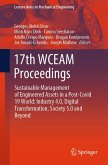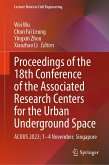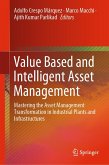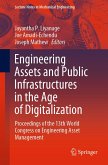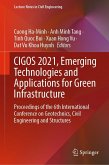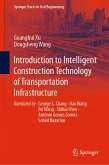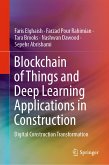Embark on a journey into contemporary asset management with Advances in Asset Management: Strategies, Technologies, and Industry Applications presented by the International Society of Engineering Asset Management (ISEAM). This book explores the fundamentals of risk assessment and offers insights into network services in dynamic environments. Besides describing the integration of technology with a roadmap for smart maintenance, this work delves into emerging technology risks. Uncovering the intricacies of asset health and maintenance strategies, from calculating an Asset Health Index (AHI) to optimizing replacement timing through condition-based maintenance, this volume investigates the hierarchy definition for digital assets in the railway context.
Thefinal section highlights industry-specific insights, including practical applications of audit models in desalination plants and the pulp mill sector. 'The Role of Eco-Driving and Wearable Sensors in Industry 4.0' expands the discussion to sustainability and emerging technologies.
Tailored for professionals, researchers, and students, this book provides a deep understanding of contemporary asset management practices.
Dieser Download kann aus rechtlichen Gründen nur mit Rechnungsadresse in A, B, BG, CY, CZ, D, DK, EW, E, FIN, F, GR, HR, H, IRL, I, LT, L, LR, M, NL, PL, P, R, S, SLO, SK ausgeliefert werden.



